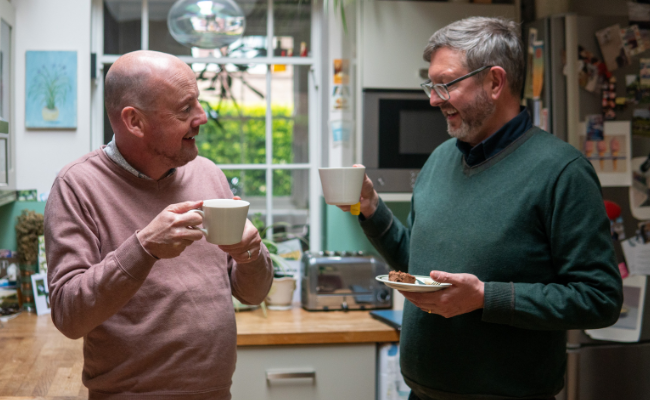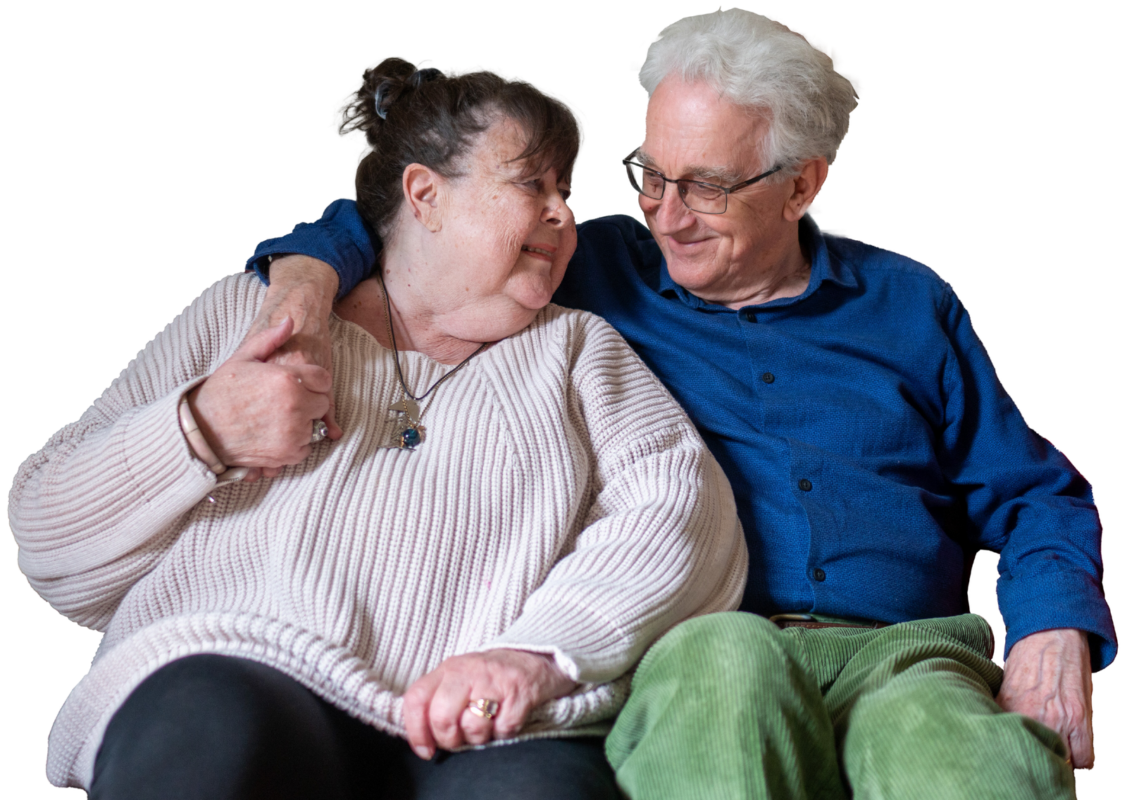
Hearing that your illness cannot be cured can be frightening. Many people will be unable to take everything in. There’s no right or wrong way to feel when you’re told you have a terminal illness or health condition that you’ll most likely die from.
You might feel numb and unable to take in the news or feel calm and matter-of-fact about dying. As time passes, you may experience a range of emotions and feel isolated or alone, even if you have family and friends around you.
You might not experience all of these feelings, if you do, they’ll not necessarily come in any particular order.
Your GP or specialist healthcare team will be able to offer information and advice around help available to you, such as:
- information services about your illness
- financial benefits you may be entitled to
- support groups and counselling
- specialist palliative care
Not everyone wants to talk about what they’re going through. However, a terminal or life-limiting diagnosis can bring up worries and fears, and it can help to talk about these so they do not start to feel impossible to deal with.
If you, or those close to you are finding it hard to talk about your diagnosis, you might want to talk to someone like a counsellor, a member of your healthcare team, someone who is in a similar situation to you or a religious leader.
Many charities and organisations across the Humber and North Yorkshire area offer support through groups, email contact, phone lines and web forums, you can find more details of these here.

Finding out someone you love is dying
Finding out someone you love or care about is dying can be devastating and bring about a range of emotions. You may find you begin grieving before the person dies, this is known as anticipatory grief and is completely normal. You may struggle with knowing how to support the person who has received a terminal diagnosis, or need some extra support with your mental health and wellbeing.
It is important to remember you are not alone. Reach out for help, talk to someone you trust or seek professional support.



